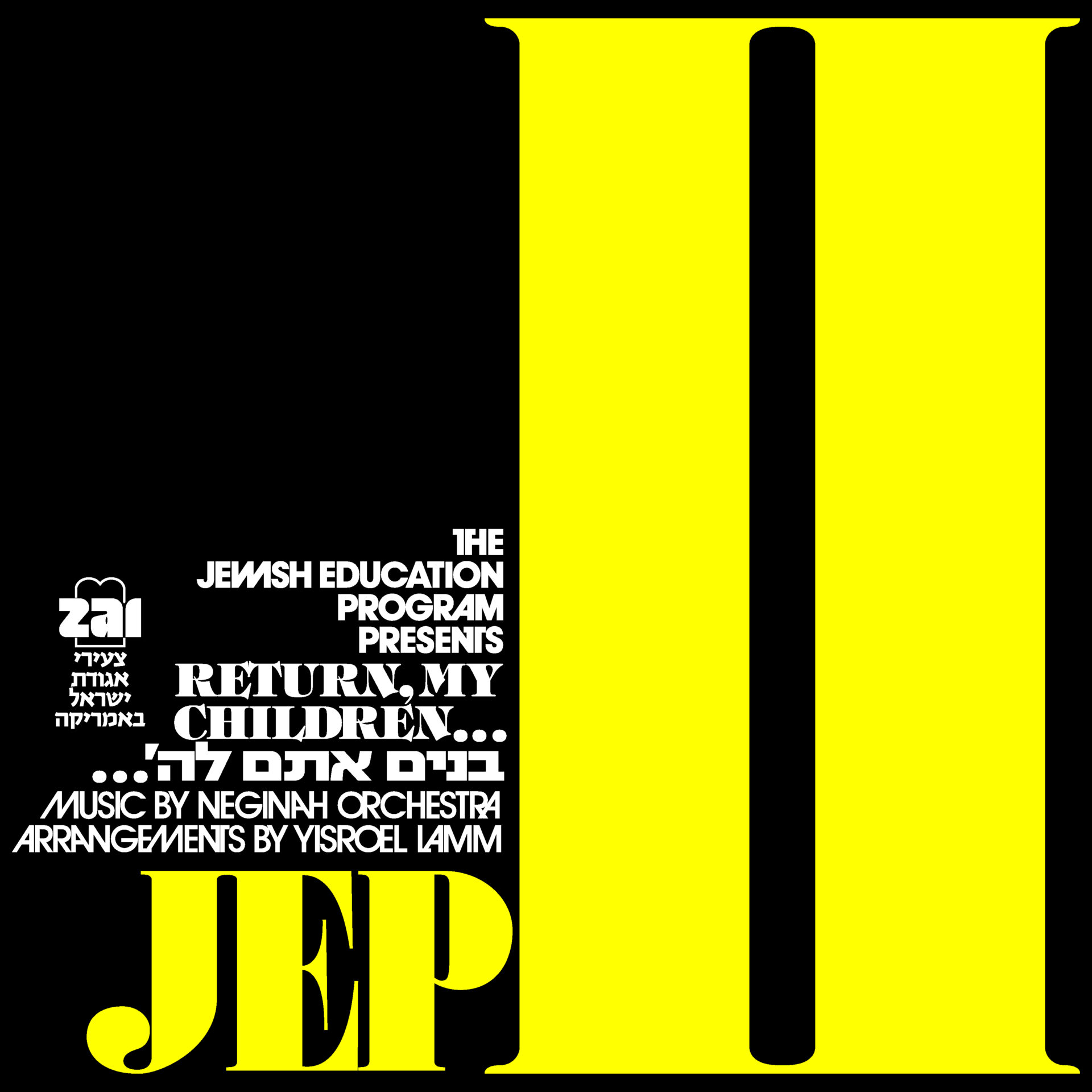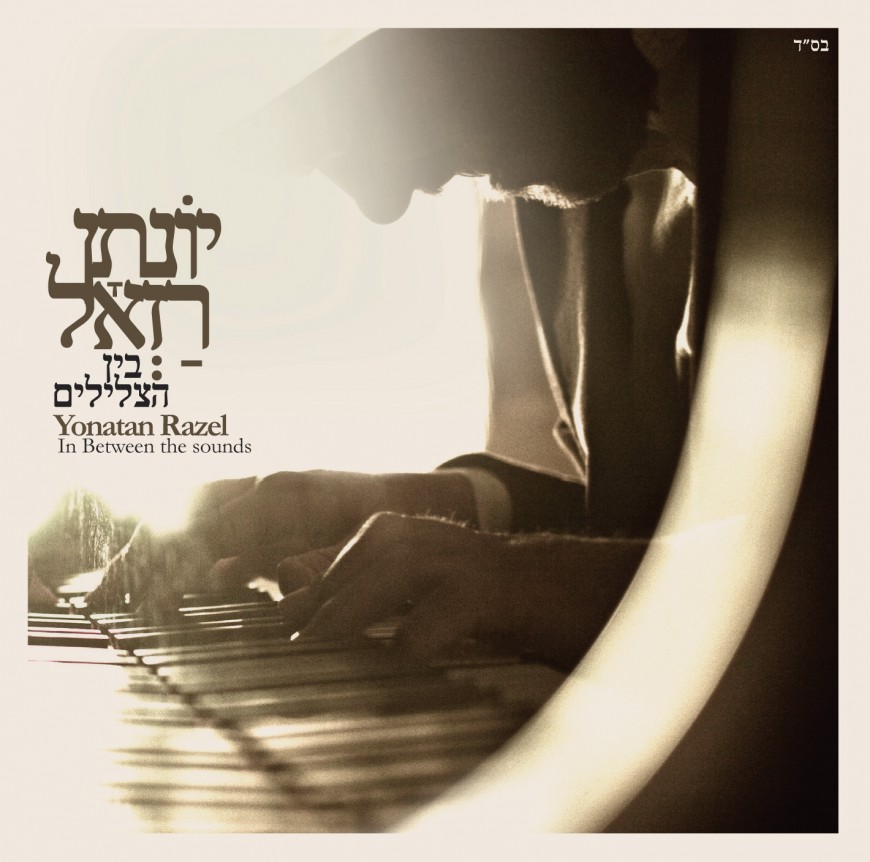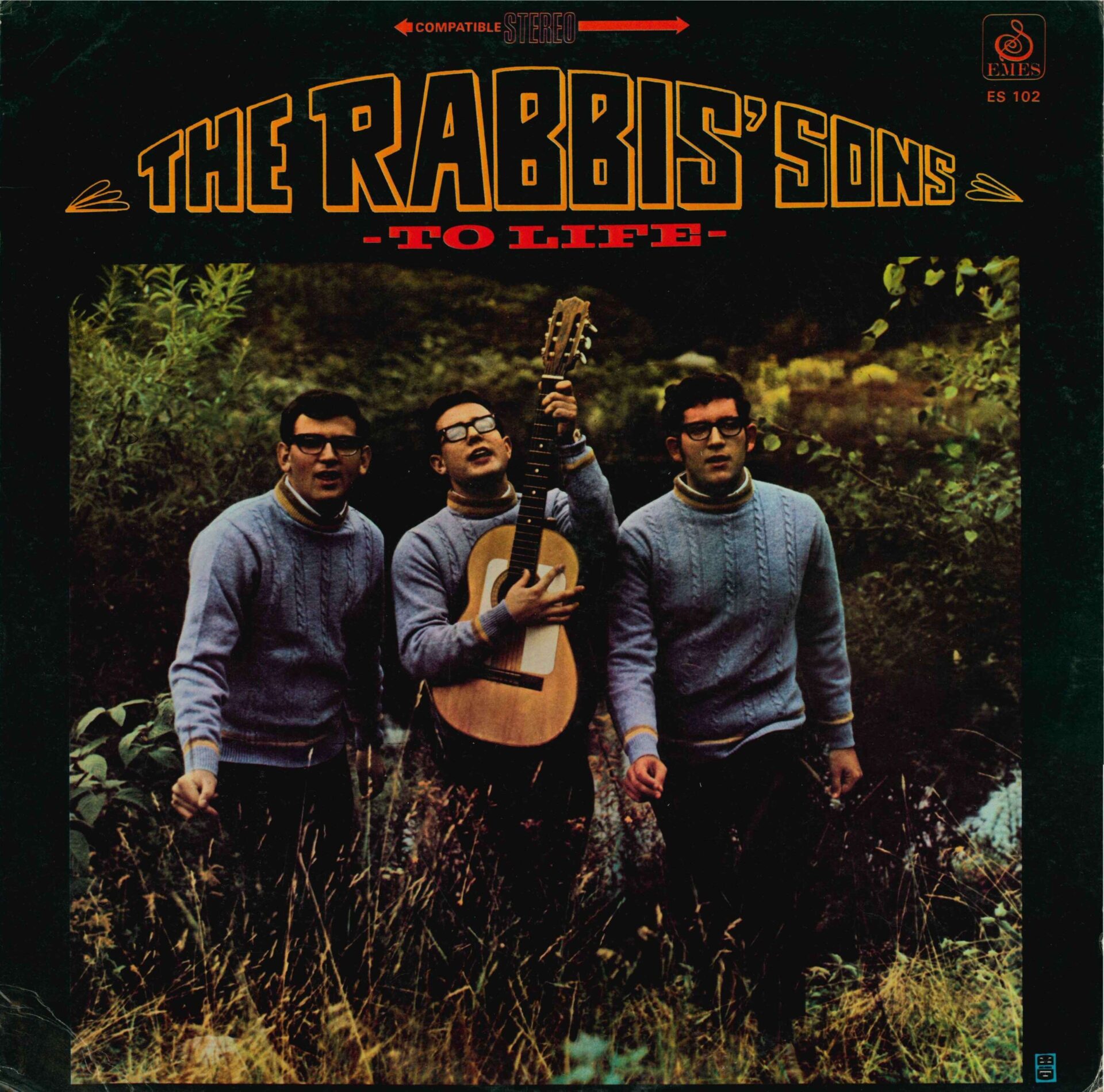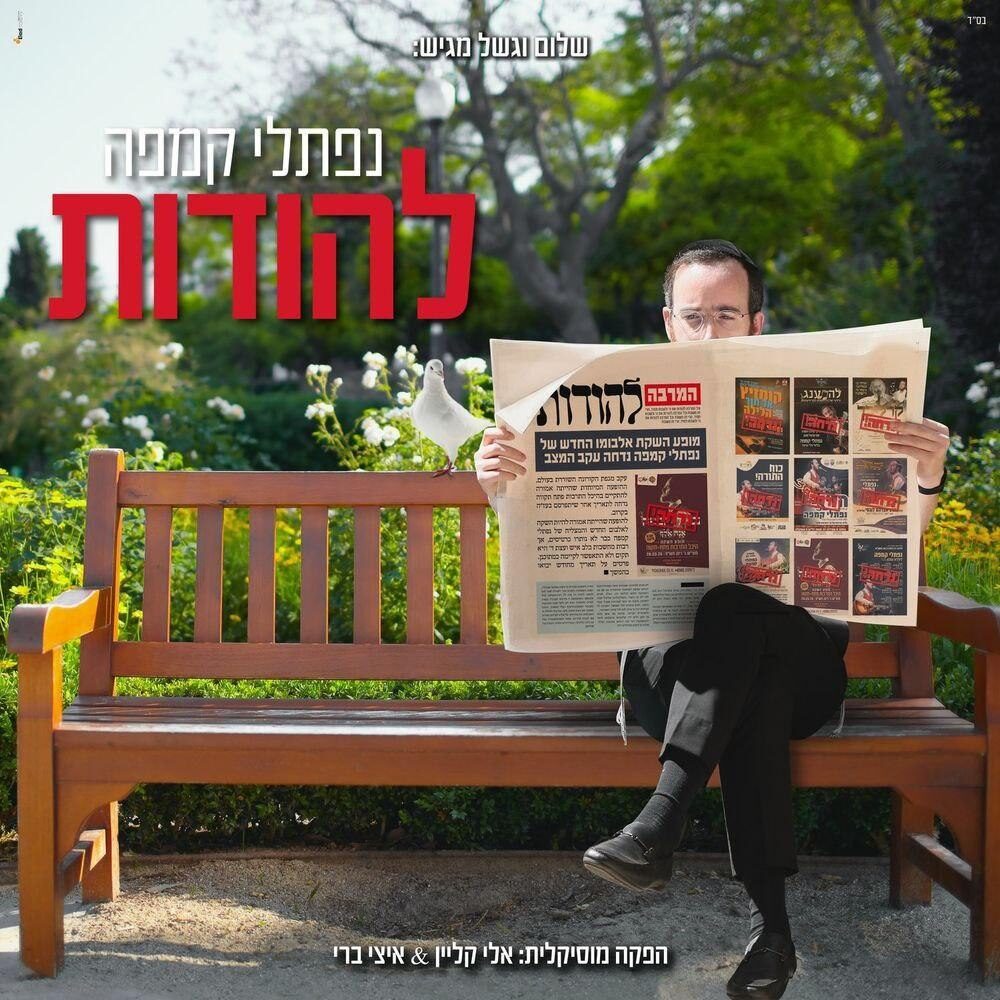Blog

Mizmor Shir – 1962 (Oscar Julius)
When the Navi Noson revealed that his son Shlomo would perform the task of building the Beis Hamikdash, it prompted Dovid to sing this most captivating kappital.

Katonti (Yonatan Razel)
These words resonate in all of us, not just in me I’m sure, but has expressed the feeling that has accompanied me all week and will accompany me yet, as I continue on this magnificent musical journey.

🕯 Reb Shaul Yedidya Elazar Taub zt’l, The 2nd Modzitzer Rebbe (1886-1947) – 16th of Kislev
A Niggun has the advantage of speech, in that those who are in earshot of the niggun can hear it, join in, and deepen their dveykus in Hashem.

Nigun Lev (Beri Weber)
“Are you telling me that you don’t at least have a niggun in your heart – somewhere deep within – that you can extract and explain on that typity type thing that you do every week? Come on! You of all people?”

Modeh Ani (Silberstein feat. Abie)
Located in the beautiful “Ribon Kol Olamim” tefillah after Shalom Aleichem, we find the words of thanks that say it all; ‘Thank You Hashem for the kindness that You constantly do for me and for my family.’

Tov Lehodos (The Rabbis’ Sons)
In these turbulent times, we can be more thankful than ever for the gift of Shabbos, and this song should definitely help.

Mo Oshiv (Avraham Fried)
How can we ever repay Him for all the goodness that He bestows? I believe this is a question that is somewhat rhetorical, for it really has no answer. However, this does not mean that the question shouldn’t be asked.

Ilu Finu (Meir Sherman)
In this song we proclaim that even if our mouths were filled with song like the ocean, and our tongues alive with exultation like the waters’ waves, our praise for Hashem would still not suffice!

Lehodos (Naftali Kempeh)
Imagine if you only had one day a year to express your thanks to Hashem for everything that He does for you. Imagine if you only had one chance to say ‘thank you’ – What would you say? How would you say it?

Me’eyn Olam Haboh (Schechter)
When Shabbos arrived, “Zaidy Schechter” would transform his humble home into an atmosphere that was undeniably Me’eyn Olam Haboh. The warmth, the kedushah, the stories, the niggunim – it was impossible not to walk away from the whole experience a more proud and elevated Jew.
